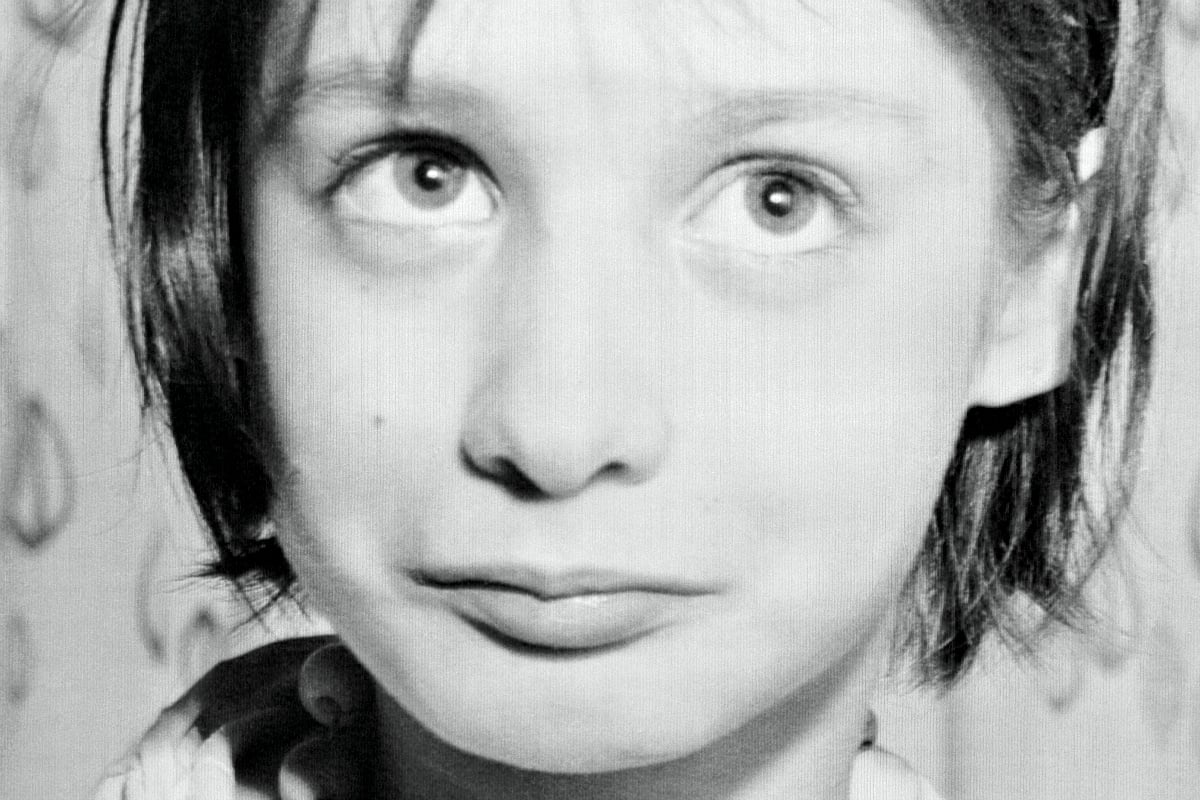
On November 4, 1970, a woman wandered into a social services office in Temple City, California, with a child clutching her hand. Plagued by cataracts, the woman was seeking a disability pension but had mistakenly arrived at the office next door.
As a social worker approached to help, she was struck by something about the young girl slouching at the woman’s side. She looked six, maybe seven, but she didn’t appear to be able to speak. She seemed unsteady on her feet, her limbs jerked, she held her hands in front of her body like a rabbit.
The social worker gently probed the woman about the little girl. With what she was told that day, with what she’d seen, she picked up the phone and dialled police.
This waif-like girl in her office was not six nor seven. She was 13 years and eight months old, and this outing was one of the first she’d made in her entire life.
Genie, the ‘wild child’.
The case of the “wild child” became known to the world as one of the most horrific examples of child abuse and neglect ever uncovered in the United States. The girl had been imprisoned in the second bedroom of her family home by her father, Clark Wiley, for over 12 years after he speculated she was mentally disabled.
According to researchers, he didn’t speak to her, and instructed his wife, Irene, and five-year-old son to do the same. She was tied to a potty chair during the day and locked inside crib with a wire cover overnight. She was never toilet trained, and was fed almost entirely on liquids meaning she never properly learned to chew. He growled and barked at her like a dog, and if she made a noise, he beat her with a wooden stick.

Top Comments
What a screwed up world, including you academics who allowed her to languish again.
Yep - the money ran out, and they dumped her. Poor soul.
The dad was a monster. How dare he treat a child of his, a human being, that way. How dare he abuse his family to that extent.